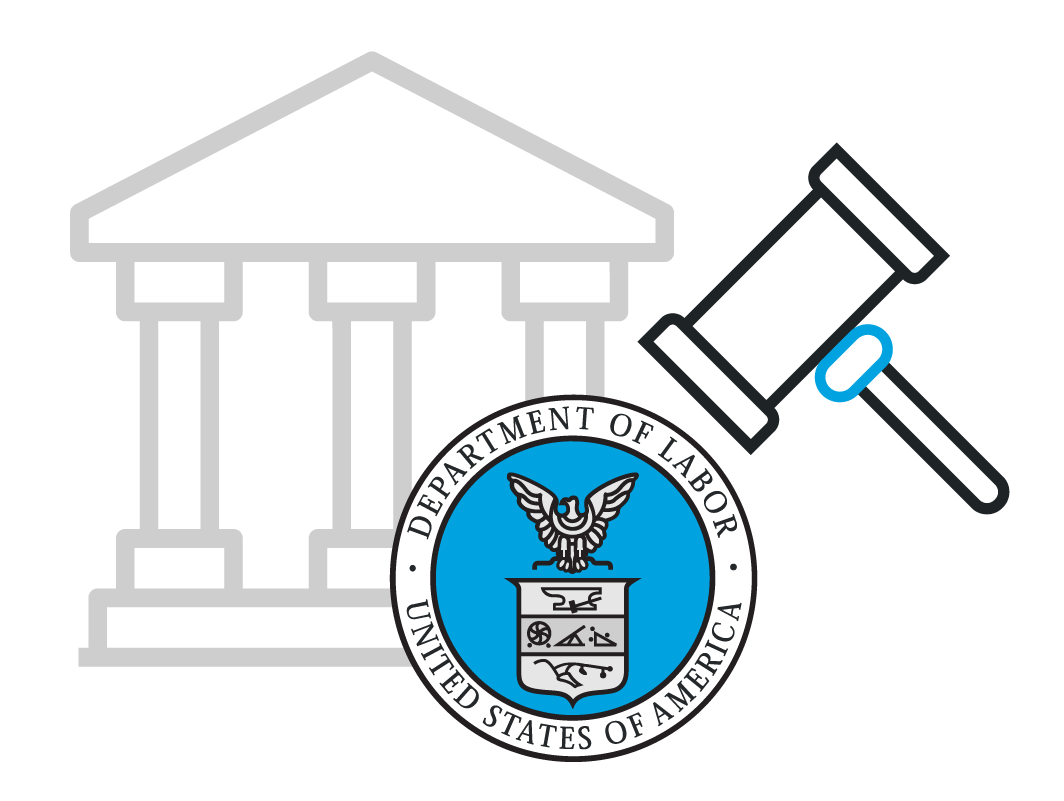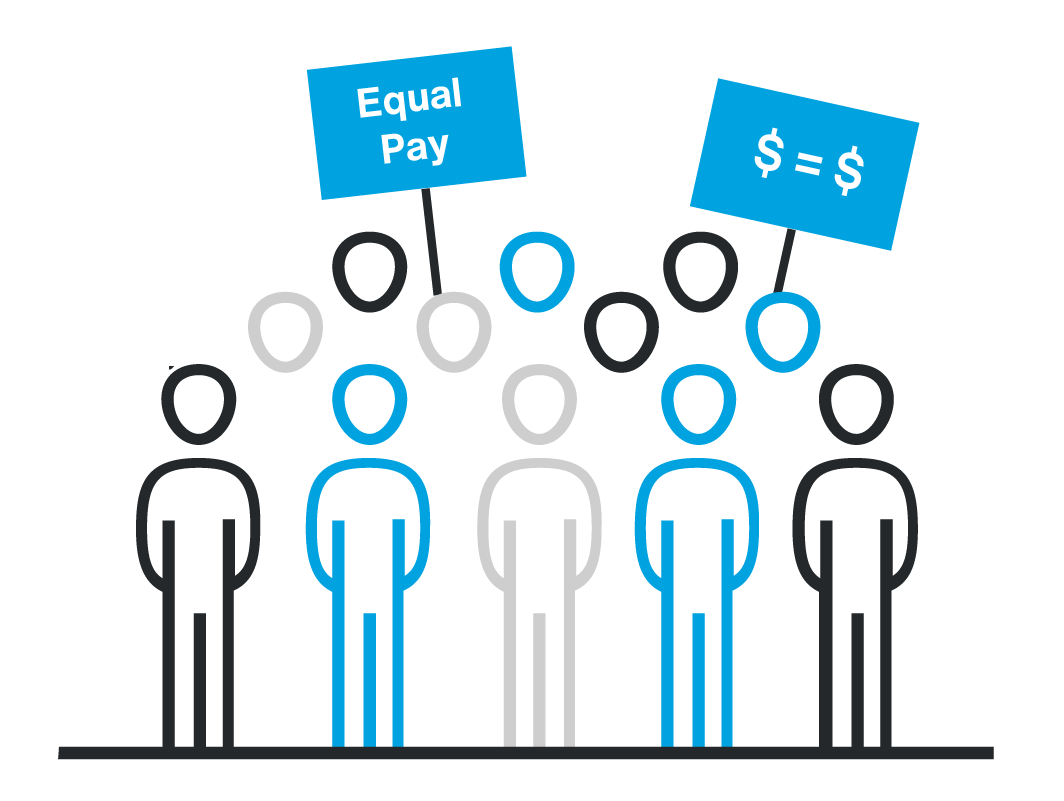
![]()
Colorado recently passed Senate Bill 23-105, which amends Colorado’s Equal Pay for Equal Work Act. The law, signed by Governor Jared Polis, modifies pay transparency requirements for job listings and internal promotion opportunities. The Colorado Equal Pay Act amendments will come into force on January 1st, 2024.
In this article, we explore the background to the act and highlight some of the key changes to job opportunity posts and employee promotion requirements.
Equal Pay for Equal Work
Colorado’s Equal Pay For Equal Work Act (EPEWA) came into force on January 1st, 2021, creating significant compliance requirements for all Colorado employers, even those with only one Colorado-based remote employee.
Key provisions included steps to close the gender pay gap, and prohibit pay discrimination based on sex or other protected status, including disability, race, creed, color, sex, religion, and age. With regard to job opportunity postings, employers were required to:
- Make reasonable efforts to announce job openings and promotions within the company on the same day.
- Disclose the hourly or salary compensation as well as the benefits to be offered to the successful applicant.
As employers navigated these complex rules, the Colorado Department of Labor and Employment (CDLE) provided further pay transparency guidance that clarified and offered further interpretation of its requirements. At the time, the legislation was the first of its kind. Pay transparency regulations have since expanded in states including California, New York, and Washington.
Wage Disparities in Colorado
The goal of the Colorado Equal Pay Act was to prevent wage discrimination and close the gender pay gap, but its success is difficult to quantify.
The latest figures from the U.S. Bureau of Labor Statistics show that in 2021, women working full-time were paid 85.4 percent of the equivalent male weekly earnings. This compares to 78.1 percent in 2020, and 86.4 percent in 2019. Colorado ranks 15th out of 50 states and Washington DC, in narrowing its pay gap. The pay gap in Colorado has been measured since 1997 when the pay gap was over 23 percent.
The new legislation is intended to further increase pay equity in Colorado.
The impact of the Amended Equal Pay Act
Key points for employers to note include the following:
Job opportunity postings
Under the amended law, employers must “make reasonable efforts to announce, post, or otherwise make known each job opportunity to all employees on the same calendar day,” and before the employer selects a candidate for the position. Job opportunity is defined as “a current or anticipated vacancy for which the employer is considering a candidate or candidates or interviewing a candidate or candidates or that the employer externally posts.”
“Job opportunity” postings must include:
- The hourly or salary compensation or the range of the hourly or salary compensation
- A general description of the benefits and compensation applicable to the job opportunity; and the date the application window will close
Currently, employers are required to notify Colorado-based employees of promotional opportunities, regardless of the location of these roles, or whether Colorado employees are either qualified for or interested in these vacancies. Under the amended Equal Pay Act, the definition of promotion does not include “career development or career progression”, therefore, employers will no longer be required to provide notice of lockstep opportunities for promotion.
The amended Equal Pay Act offers some reprieve for employers,
- Organizations located outside of Colorado with fewer than 15 remote Colorado based employees will now only be required to provide notice of remote job opportunities rather than all company-wide promotional opportunities, through July 1st, 2029
Employee promotion requirements
In a significant step towards expanding job opportunities and workplace equality for all employees, the amendment requires employers to notify Colorado workers of all new hires and promoted employees who are selected through a competitive process. With effect from January 1st, 2024, employers must make “reasonable efforts” to “announce, post, or otherwise make known” the identity of the candidate selected for each job opportunity within 30 calendar days of their start date. At minimum, the following information must be provided to the employees with whom the candidate will work:
- The name of candidate selected for the job opportunity;
- Their previous job title if the selection was internal
- The selected candidate’s new job title; and,
- Information on how employees may demonstrate interest in similar job opportunities in the future, including identifying individuals or departments to whom the employees can express interest in similar job opportunities.
The amended Equal Pay Act also states that employers must not identify a selected candidate in a way that would violate their privacy rights or place their health or safety at risk.
Disclosure for career progression criteria
For each position with career progression, employers must disclose and make available to all “eligible employees” the requirements for career progression, together with the terms, compensation, benefits, full-time or part-time status, duties, and access to further advancement. Clarification is awaited on the definition of “eligible employees.”
“Career progression” is defined as a current employee’s “regular or automatic movement from one position to another based on time in a specific role or other objective metrics.”
Amendments to pay discrimination legislation
The amended Equal Pay Act also makes two key changes related to wage discrimination, emphasizing the stringent nature of the new legislation:
- The recovery period for back pay for any employee who claims pay discrimination has been extended from three to six years.
- Existing legislation authorizes the Director of Labor Standards and Statistics in the CDLE to create and administer processes to accept and mediate pay discrimination complaints. Under the amended law, this will now be a directive which must be implemented on or before July 1st, 2024. The Director must also promulgate enforcement rules.
Pay equity in Colorado: Ensuring compliance
Colorado’s pay transparency regulations remain some of the most comprehensive equal pay laws in the US. The Amended Equal Pay Act is part of a series of bills signed by Colorado Governor Jared in May 2023, which also include:
- Senate Bill 23-172, Protecting Opportunities and Workers’ Rights (POWR) Act, which expands anti-discrimination laws
- Senate Bill 23-058, Job Application Fairness Act, prohibiting employers from asking about age-related information in initial job applications
- Senate Bill 23-017, Additional Uses Paid Sick Leave, additional new qualifying reasons to use sick leave
- House Bill 23-1076, Workers’ Compensation, expansion of employees’ medical impairment and disability benefits
- Senate Bill 23-111, Protections for Public Workers Act, additional protections for public employees
The amended Equal Pay Act also reflects a broader trend toward achieving pay equity, including national pay transparency legislation.
To ensure compliance with Colorado’s Equal Pay Act and prepare for SB23-105, Colorado employers, and employers with Colorado-based remote workers, can adopt the following strategies:
- Review the impact of legislation changes on your organization, specifically those relating to both internal and external job listings. Ensure explainable, equitable and competitive salary ranges, to comply with pay transparency regulations.
- Evaluate the gender pay gap within your organization, beginning with a pay equity audit, which is the only way to identify existing pay disparities. Trusaic PayParity® conducts an audit at the intersection of factors such as gender, race/ethnicity, age, and disability.
- Identify the root cause of pay inequities: Pay equity software can help employers identify factors such as unconscious bias or processes that may be affecting, or causing, pay disparities.
Partner with a pay equity software provider who can help your organization to prepare for SB23-105 and implement pay equity across your compensation structures.
Speak to one of our pay equity experts today.



